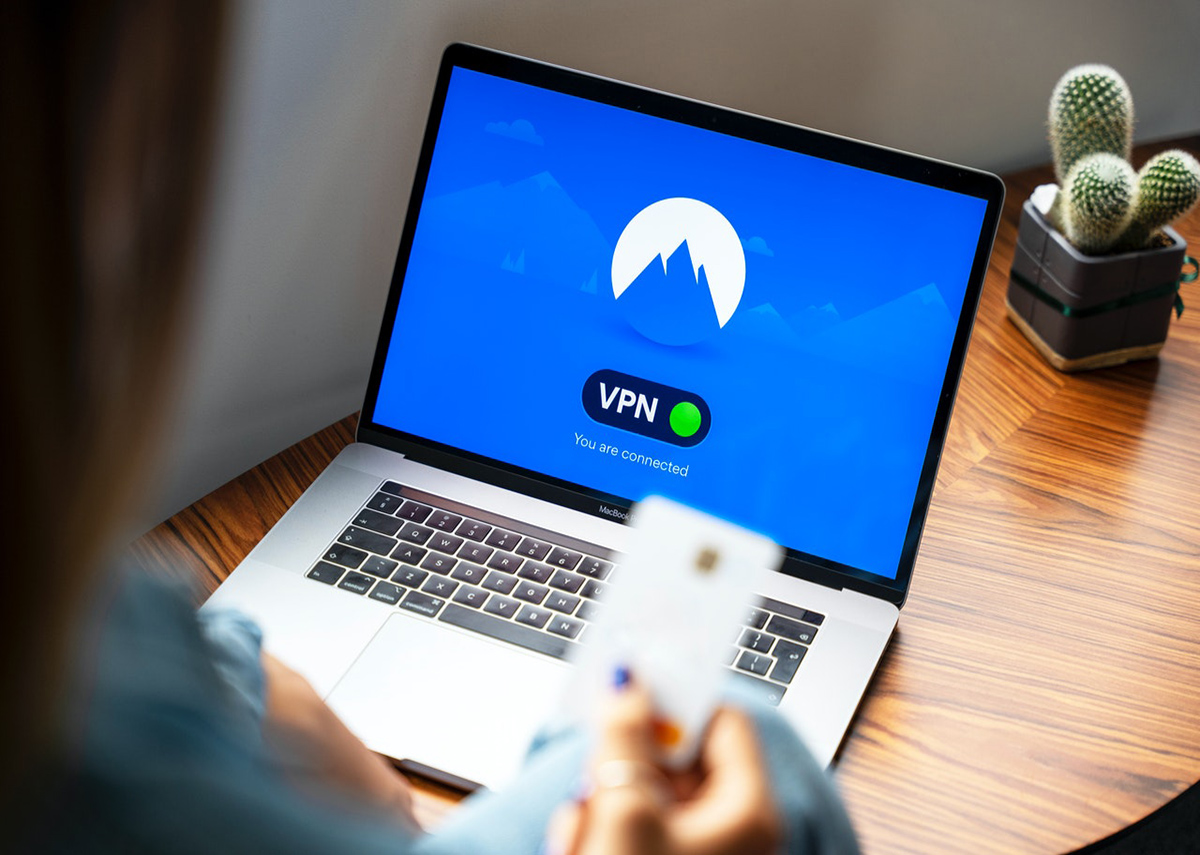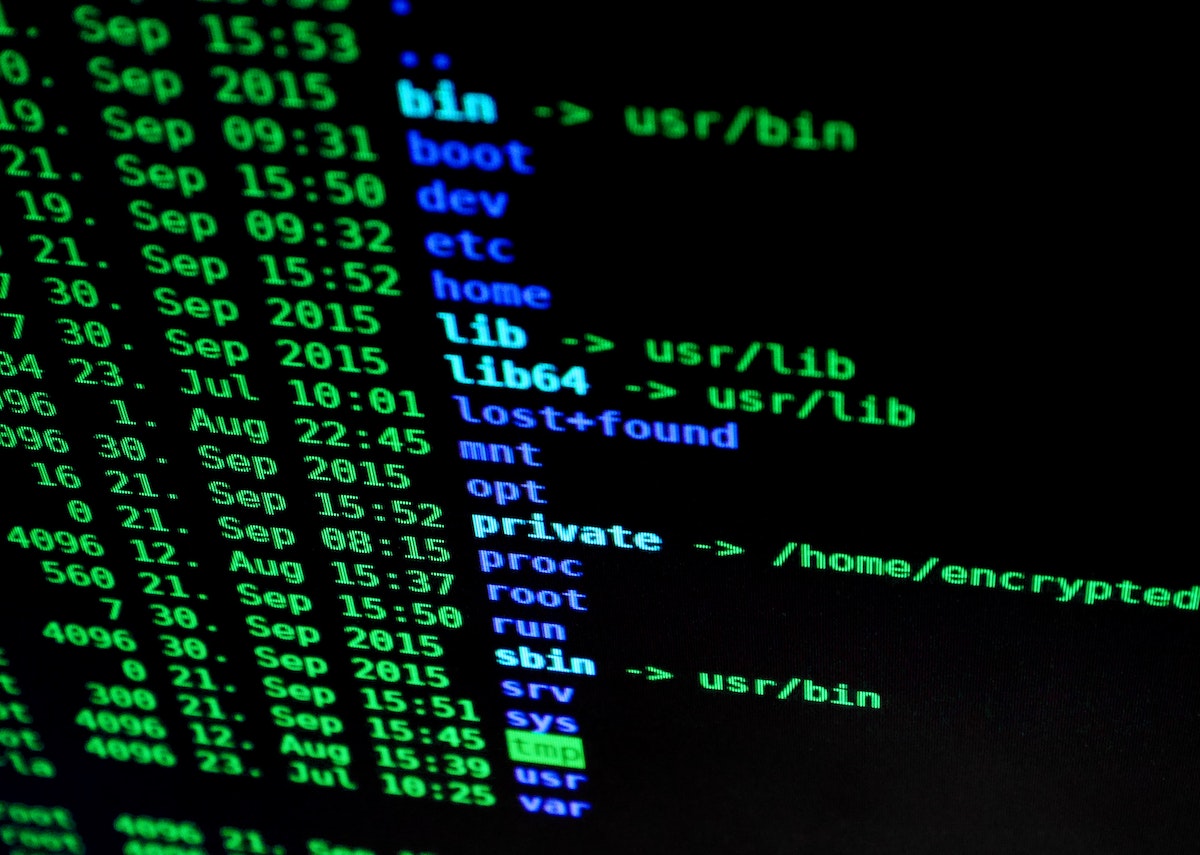Using PKI And VPN To Enable Secure Remote Employee Access
Share

More people are telecommuting than ever before due to the coronavirus epidemic. So, it is safe to say that the epidemic has considerably changed the places and ways of work. As per a 2020 survey, over 77% of HR professionals anticipate the trend of remote work continuing, even if this epidemic abates.
To protect sensitive end-user and enterprise data and communications, it is vital to keep telecommuters connected, plus secure and control network access. With the present threat landscape continuing to evolve when your business’s VPN usage goes up, you should think about ways of preventing attacks and gaining improved visibility into virtual private network usage. PKI (Public Key Infrastructure) is also a powerful piece of technology when it comes to supporting mobile teams and controlling VPN access.
Virtual Private Network Is Elementary For Remote Access
VPNs are considered the basis of several telecommuting initiatives, plus these play a big part in home-based work initiatives. VPNs use sophisticated encryption protocols, plus mask IP addresses to offer security and privacy. The above helps to keep eavesdropping as well as the person-in-the-middle attack and alternative attacks from happening. Using a VPN allows your PC to transfer data through a public internet connection as if the device is connected straight to the private internet.
VPN access may be an excellent way of protecting the public web traffic of remote workers. Anyhow, you would also like to confirm that only those individuals authorized to tap into your computer network can sign in. Simple sign-in credentials will not be enough to keep today’s advanced hackers at bay. To safeguard workers’ access to your VPN, it will be a must to have multi-factor authentication or some other powerful authentication procedures in place. Strengthening your network password protection through PKI will deliver solid security as well as easily useable controlled management.
MFA coupled with SSL certificates can help enable flexible remote internet connectivity, offering two-factor authentication (2FA) that is cryptographically powerful and that possibly works from almost any device and location.
Making Security Stronger And Offering More Control Through PKI
PKI digital certificates offer stronger security as compared to what a conventional password offers. Because besides being cryptographically secure, the certificate is algorithmically tied to an enterprise or individual identity or to the reliable resource which issued it, for authenticating the correct user. It also gives you more control, like the capability of revoking access or establishing expiration dates in the event of a worker leaving your enterprise. When pairing PKI with Mobile Device Management or some other certificate distribution-related solution, your users will get robust security and intuitive use.
Leveraging Your VPN
You must bear in mind that, as a resource, your virtual private network is shared and limited. It uses much bandwidth, which means the greater your use of VPN, the less would be the bandwidth left for others. In the event of its performance starting to suffer, your enterprise would have to increase infrastructure capacity to keep up with the rising usage.
While you perhaps lack the resources to closely track your VPN, you must establish smart use policies for workers. Never use a corporate virtual private network for streaming services, software updates, Zoom conferences, and personal activities such as online shopping that all require no access to software through VPN.
In the event you notice that your bandwidth is used for too many activities, you could control what people can access on your enterprise network. For example, when you see that 90% of your bandwidth is used to watch Netflix content, you may stop the streaming activity.
Remote Networking
VPNs are vital for the modern worker teams that are becoming more and more remote. Anyhow, as with any important resource, you should protect VPNs from hacking and other cyber threats. MFA that includes PKI-based passwords and digital certificates, supported by the appropriate policies and employee education, allows ensuring that your enterprise network resources stay accessible and secure, no matter how, when, and where your team is working.




